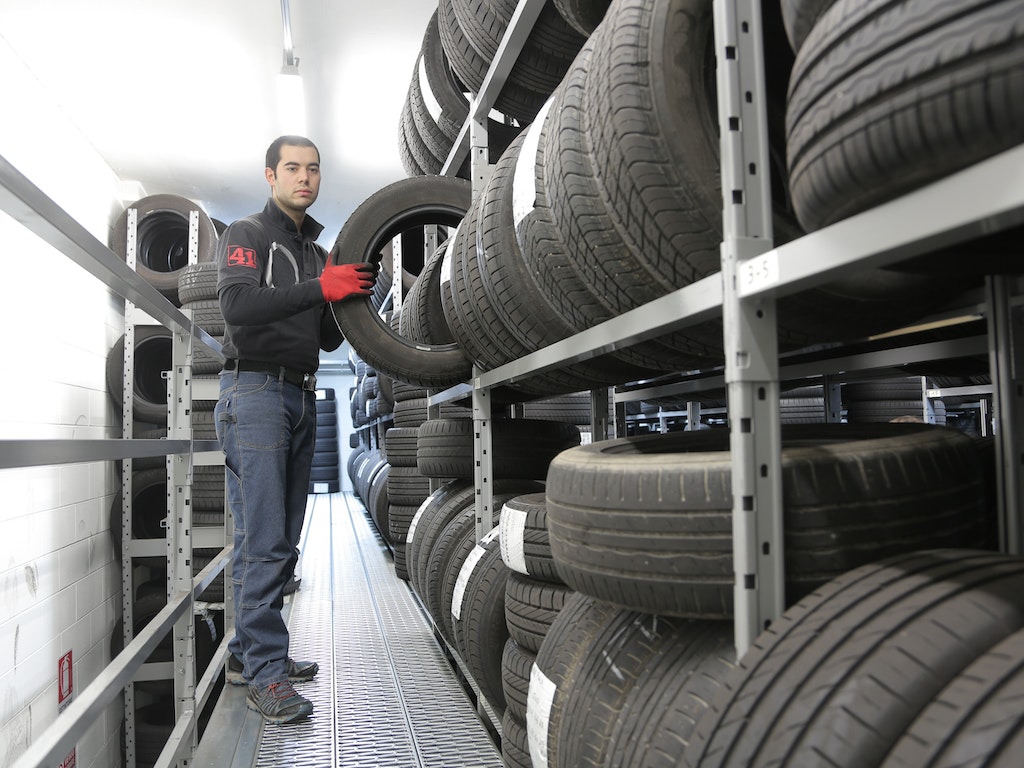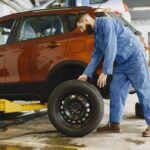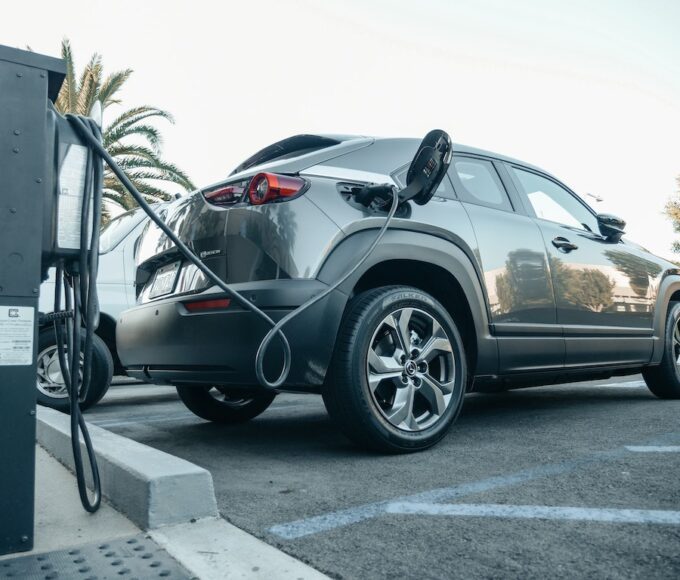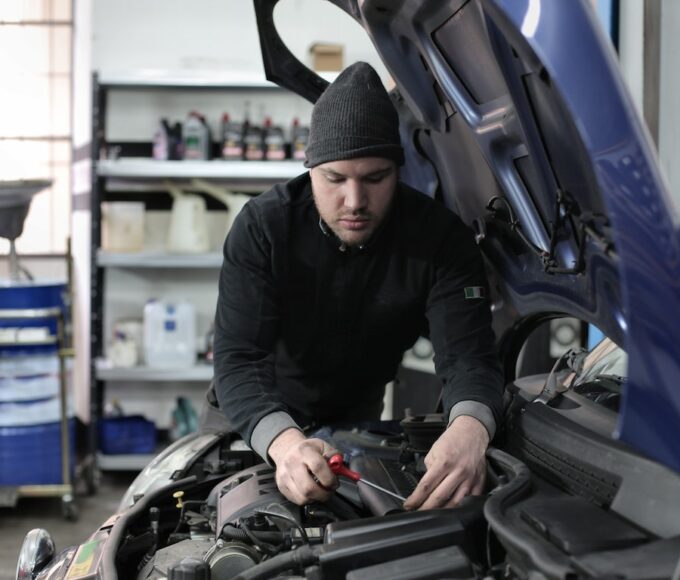Whether you’re embarking on a long road trip or simply commuting to work, properly maintained tires are essential for your safety on the road. Neglecting tire maintenance can lead to decreased fuel efficiency, reduced handling capabilities, and even dangerous blowouts. To ensure a secure and smooth driving experience, follow this comprehensive tire maintenance checklist.
Regular Inspections Are Key
Frequent visual inspections of your tires can help you catch any potential issues early on. Look for signs of wear and tear, such as uneven tread patterns, cracks, bulges, or foreign objects stuck in the tire grooves. These inspections can prevent small problems from escalating into major safety concerns.
Monitor Tire Pressure
Maintaining the tire pressure is critical for both safety and fuel efficiency. Underinflated tires can cause increased rolling resistance, lowering your vehicle’s gas mileage and causing premature wear. Refer to your vehicle’s manual for the recommended tire pressure, and use a reliable pressure gauge to check and adjust pressure regularly.
Rotate Tires Regularly
Tire rotation ensures even wear on all tires since the front and rear tires can wear at different rates. Consult your vehicle’s manual for rotation recommendations, but a common rule is to rotate your tires every 6,000 to 8,000 miles. Regular rotation extends the lifespan of your tires and improves overall performance.
Balance for Stability
Balancing your tires helps distribute weight evenly across each tire and wheel assembly. Imbalanced tires can result in uncomfortable vibrations, steering issues, and uneven tread wear. Professional tire balancing ensures a smoother ride and maximizes tire longevity.
Alignment Matters
Proper wheel alignment ensures that your vehicle’s suspension and steering systems work as intended. Misaligned wheels may lead to uneven tire wear, pulling to one side, and decreased handling control. If you notice your vehicle drifting or your steering wheel is not centered, consider getting an alignment check.
Mind the Tread Depth
Tread depth directly affects your tires’ ability to maintain traction on wet or slippery roads. Use the penny test: insert a penny into the tire’s grooves with Lincoln’s head upside down; if you can see the top of Lincoln’s head, it’s time to replace your tires. Inadequate tread depth can compromise your vehicle’s stability and braking efficiency, especially in adverse weather conditions.
Inspect the Spare Tire
While you’re diligent about maintaining your regular tires, don’t forget the spare. It’s your safety net in case of emergencies. Check its pressure and condition periodically to ensure it’s ready for use when needed.
Tire maintenance is an essential aspect of road safety. By following this tire maintenance checklist, you can enhance your vehicle’s performance, extend tire life, and, most importantly, keep yourself, your passengers, and other road users safe on your journeys.













